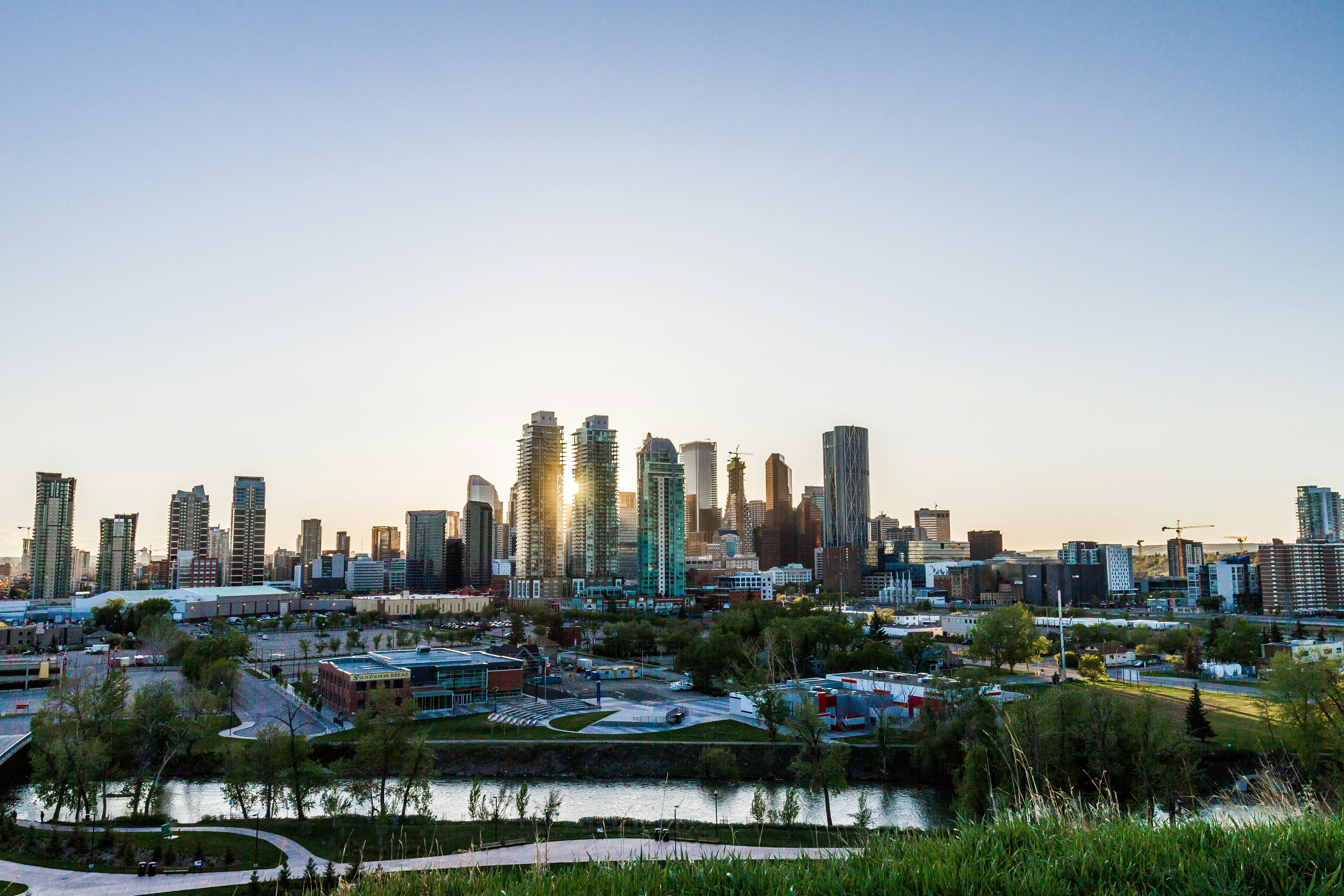Why Alberta Shouldn’t Separate

The idea of Alberta leaving Canada surfaces whenever frustration with Ottawa peaks, over pipelines, equalization, or political representation. Imagine a farmer in southern Alberta, watching oil and grain prices fluctuate while Ottawa debates policies that seem far removed from his reality. Imagine a family in Calgary, struggling with rising costs and feeling their voices are ignored in federal decisions. These frustrations are real, but independence is not the solution. It would bring far more risk than relief, threatening the province’s stability, economy, and social fabric.
Starting from Scratch
Becoming a country means building everything from the ground up: a constitution, a central bank, a revenue agency, a military, police, and hundreds of regulatory bodies. None of this exists today. Canada’s federal government employs millions and administers a system that evolved over centuries. Alberta would need to replicate much of this from scratch. That would take years, cost billions, and create economic uncertainty that could stall growth before independence even begins. The challenges are not only financial, they are logistical, legal, and political, touching every aspect of daily life in the province.
Recognition Isn’t Automatic
Declaring independence does not automatically make Alberta a country. Other nations have to recognize it, and international organizations such as the UN, NATO, or the World Bank would take years to admit a new member if Ottawa blocks the process. Consider Kosovo, which declared independence in 2008 and still lacks recognition from several key countries. Until Alberta earns recognition, it would be isolated, unable to trade freely or travel internationally without obstacles. Investors and businesses would hesitate to commit, slowing economic activity and discouraging long-term investment.
Trade and Energy on the Line
Alberta is landlocked. Oil, grain, and manufactured goods would still have to cross Canada or the U.S., leaving the province dependent on the goodwill of its neighbors. Pipelines, electricity grids, and railways cross borders, and without strong agreements, Alberta’s export economy could grind to a halt. The 2019 Keystone XL pipeline dispute is a reminder of how quickly delays and political disputes can cost billions and disrupt markets. Independence alone is not a path to economic freedom; it is a dead end that risks undermining the very industries that sustain the province.
Paying the Price for Defense and Services
A sovereign Alberta would need its own military, costing up to $9 billion a year. That is money diverted from healthcare, schools, and infrastructure. Federal support for healthcare, pensions, and drug programs would vanish overnight. Alberta would be forced to create replacements quickly, leaving retirees and essential services at risk. Everyday life would be directly affected as the province struggles to provide programs previously funded by Ottawa. Imagine having to build a fully functioning government capable of providing the same level of services as Canada in just a few years.
Divisions Within and Beyond
Treaties were signed with the Crown, not the province. Independence could throw them into chaos, with some Indigenous nations refusing Alberta’s authority. Inside the province, rural and urban communities are already divided, and Francophone and Indigenous groups could strongly oppose separation. Independence risks fracturing Alberta from Canada and from itself, opening deep social and political divisions. Scotland’s independence debate shows that even strong support for autonomy can fuel tension rather than unity.
Economic Shock
Much of Alberta’s energy sector is foreign-owned. Independence could trigger capital flight, sanctions, or trade restrictions, devastating an economy built on exports. Even short-term uncertainty could lead to long-term consequences for jobs, investment, and growth. A sudden shift in policy or international recognition could send shockwaves across the province, impacting everything from pipelines to small businesses.
The Bottom Line
Separation may feel like a solution, but it would bring instability, economic decline, and deep division. Even a coalition of western provinces could only reduce, not erase, the risks.
Alberta deserves more, fairer treatment within Confederation, a stronger voice, and prosperity without chaos. Independence is not a path to strength. It is a recipe for disaster.
